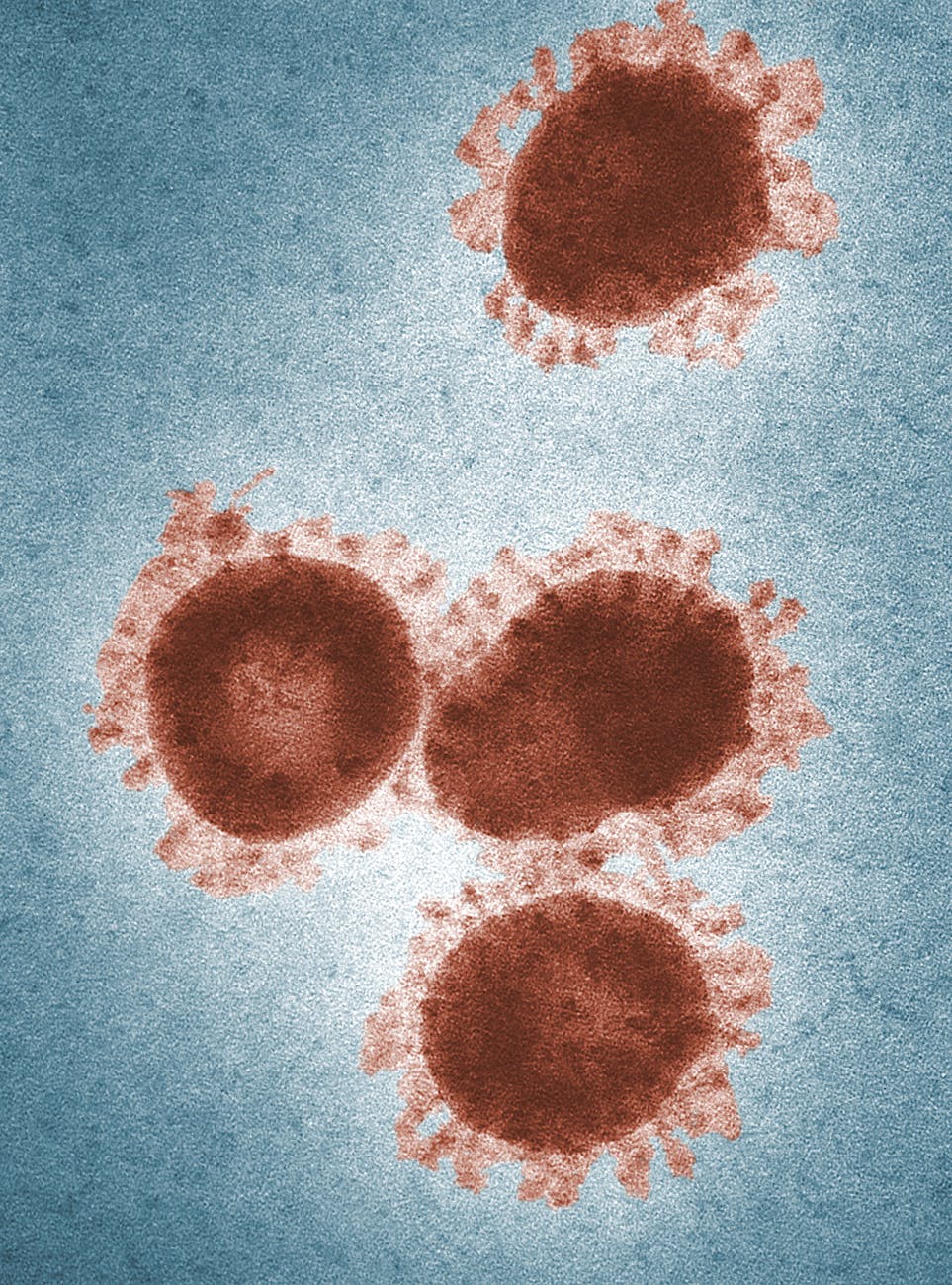|
Getting your Trinity Audio player ready...
|
Mycoplasma genitalium is a small, bacteria-like organism that has gained attention in recent years due to its association with various genital tract infections. It is one of the smallest known free-living organisms and is unique because it lacks a cell wall, making it distinct from many other bacteria. Understanding Mycoplasma genitalium is crucial for both public health and individual well-being, especially in the context of sexually transmitted infections (STIs).
Mycoplasma genitalium was first identified in the late 1980s. It is part of the Mycoplasma genus, which includes several species that can infect humans and animals. Unlike many bacteria, Mycoplasma genitalium has no cell wall, which contributes to its unique characteristics, including resistance to certain antibiotics that target cell wall synthesis.
Mycoplasma genitalium is primarily transmitted through sexual contact. It can infect both men and women, but the manifestations of the infection can differ based on gender. Risk factors for contracting Mycoplasma genitalium include:
1. Unprotected sexual intercourse
2. Having multiple sexual partners
3. Engaging in sexual practices that may cause micro-abrasions
Many individuals infected with Mycoplasma genitalium may not exhibit symptoms, which complicates its detection and increases the risk of transmission. When symptoms do occur, they can include:
1. In men: urethritis (inflammation of the urethra), pain during urination, and discharge from the penis.
2. In women: pelvic inflammatory disease (PID), cervicitis (inflammation of the cervix), abnormal vaginal discharge, and pain during intercourse.
In some cases, Mycoplasma genitalium has also been linked to infertility in both men and women.
Diagnosing Mycoplasma genitalium can be challenging due to the lack of routine testing in many healthcare settings. Current diagnostic methods typically involve:
1. Nucleic Acid Amplification Tests (NAATs): These are highly sensitive tests that detect the genetic material of the organism in urine or swab samples from the genital tract.
2. Culture Methods: While these can be used, they are less common due to the fastidious nature of Mycoplasma genitalium and the need for special growth conditions.
Treatment for Mycoplasma genitalium infections usually involves antibiotics. However, because of its unique characteristics, certain antibiotics are more effective than others. Azithromycin and doxycycline are commonly used, but treatment can be complicated by emerging antibiotic resistance. As resistance rates continue to rise, healthcare providers may need to tailor treatment based on individual cases and local resistance patterns.
The increasing recognition of Mycoplasma genitalium as a significant STI has public health implications. Its potential to cause serious reproductive health issues, combined with its often asymptomatic nature, makes it essential to raise awareness among healthcare providers and the public. Promoting safe sex practices, routine STI screening, and education about the symptoms and risks associated with Mycoplasma genitalium are critical steps in managing this infection.
Mycoplasma genitalium is a small but significant pathogen in the landscape of sexually transmitted infections. Understanding its transmission, symptoms, and treatment options is vital for effective management and prevention. As research continues to evolve, it is crucial to remain informed about the challenges posed by this organism, including the potential for antibiotic resistance. By fostering awareness and encouraging proactive health practices, we can help mitigate the impact of Mycoplasma genitalium on individual and public health.


